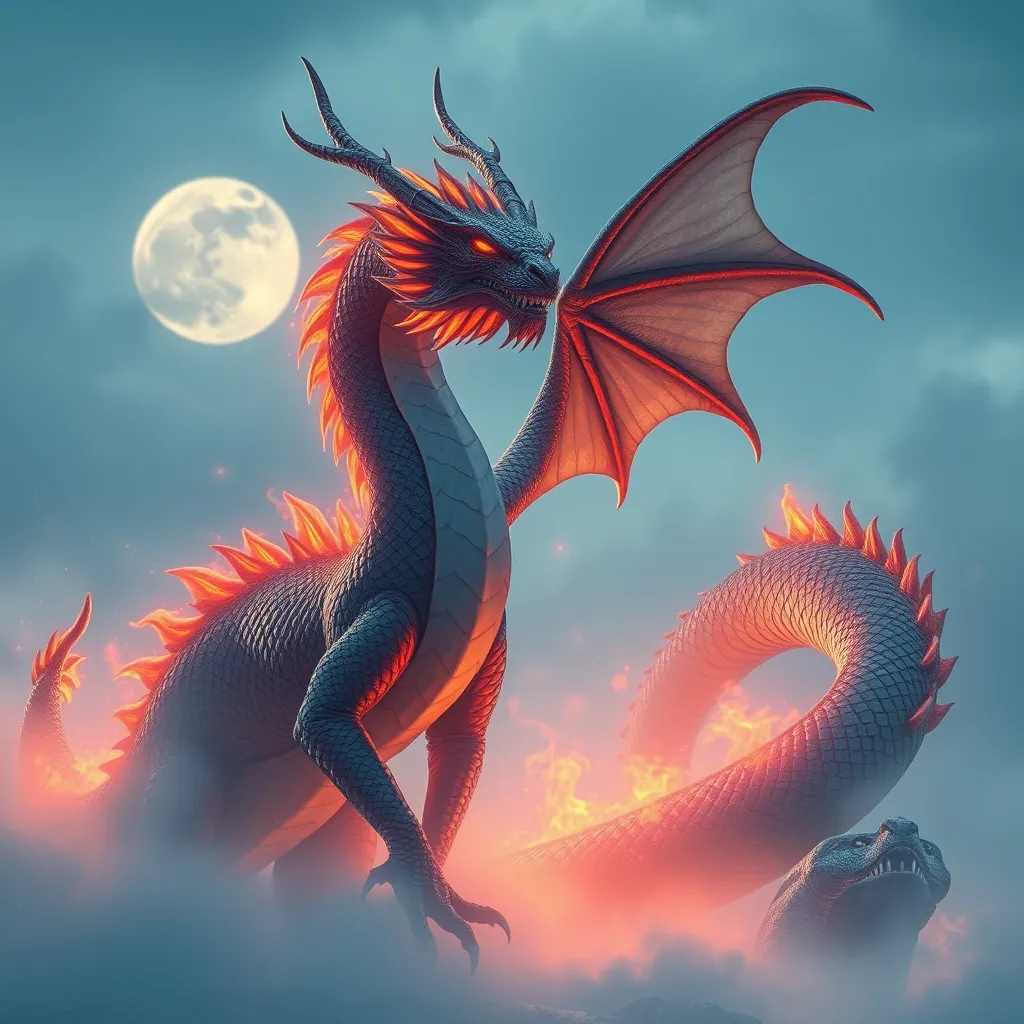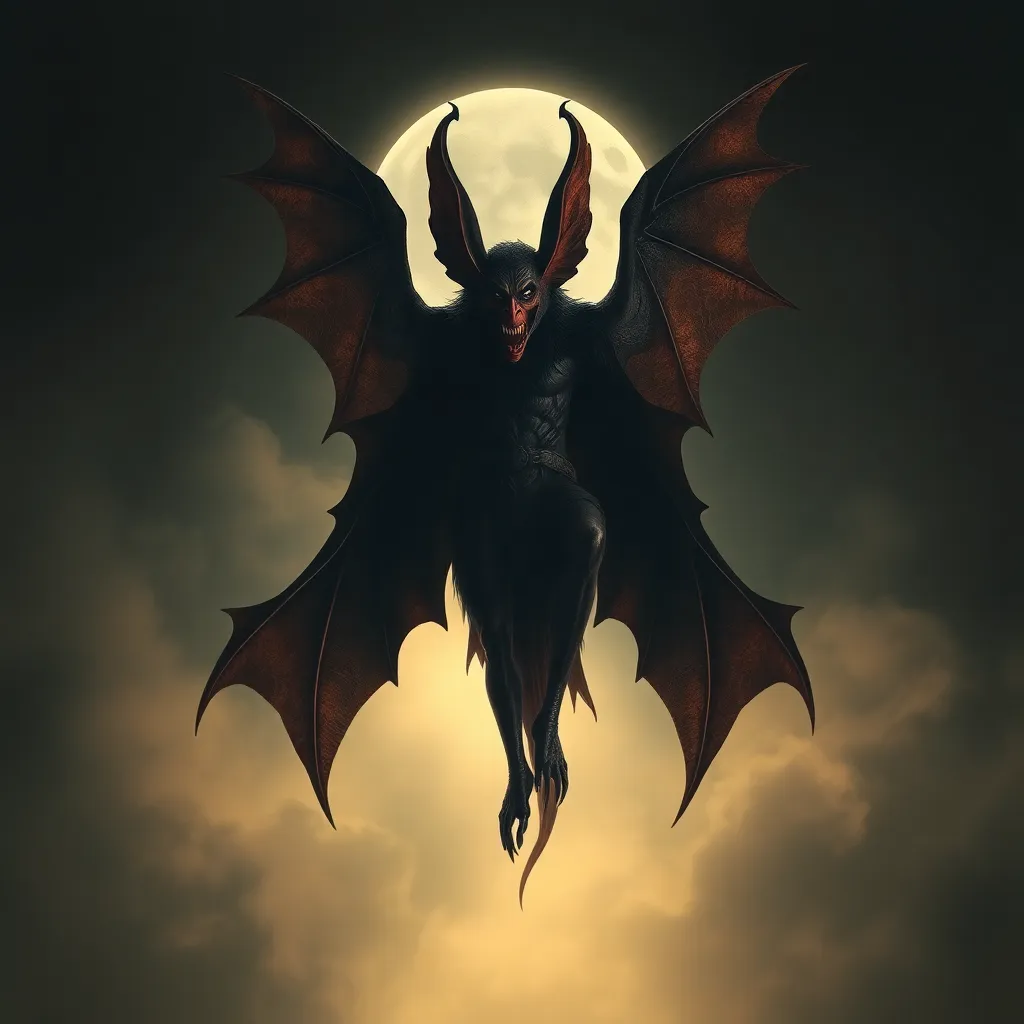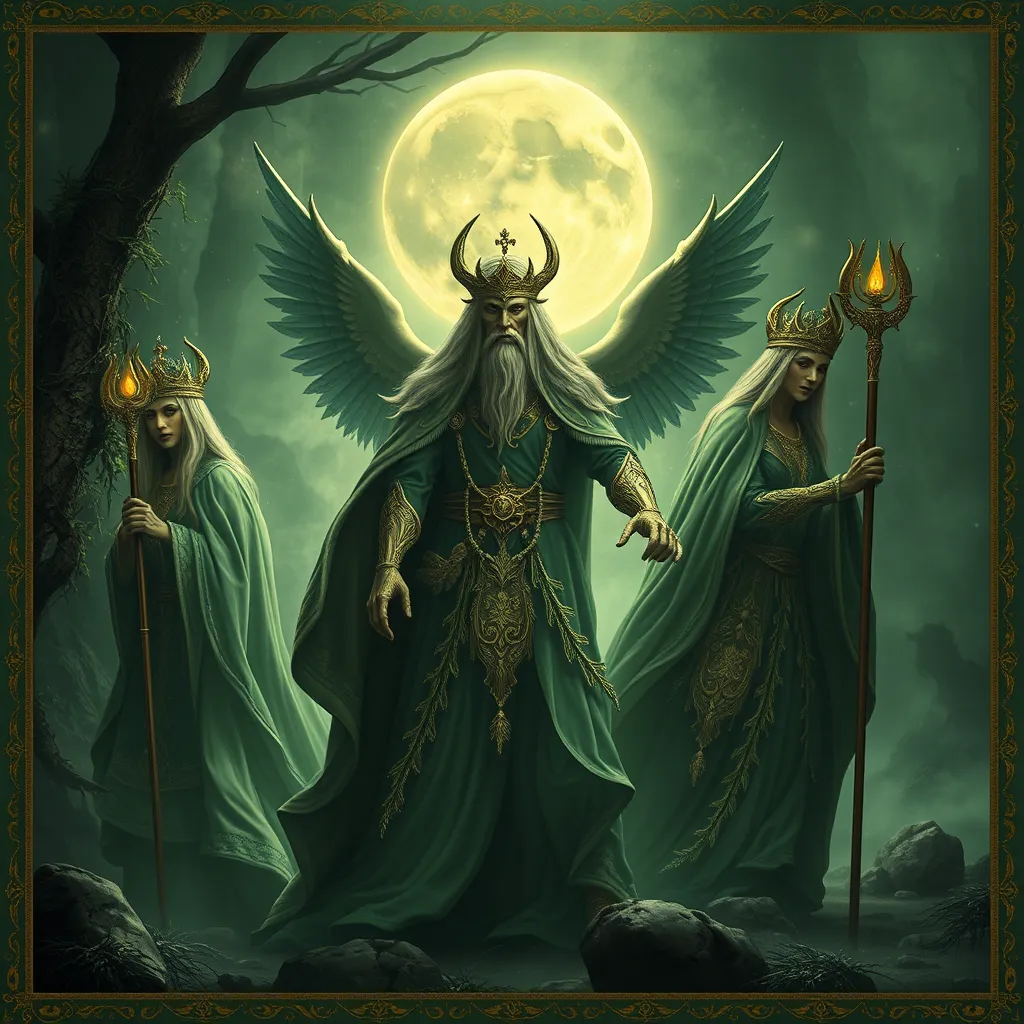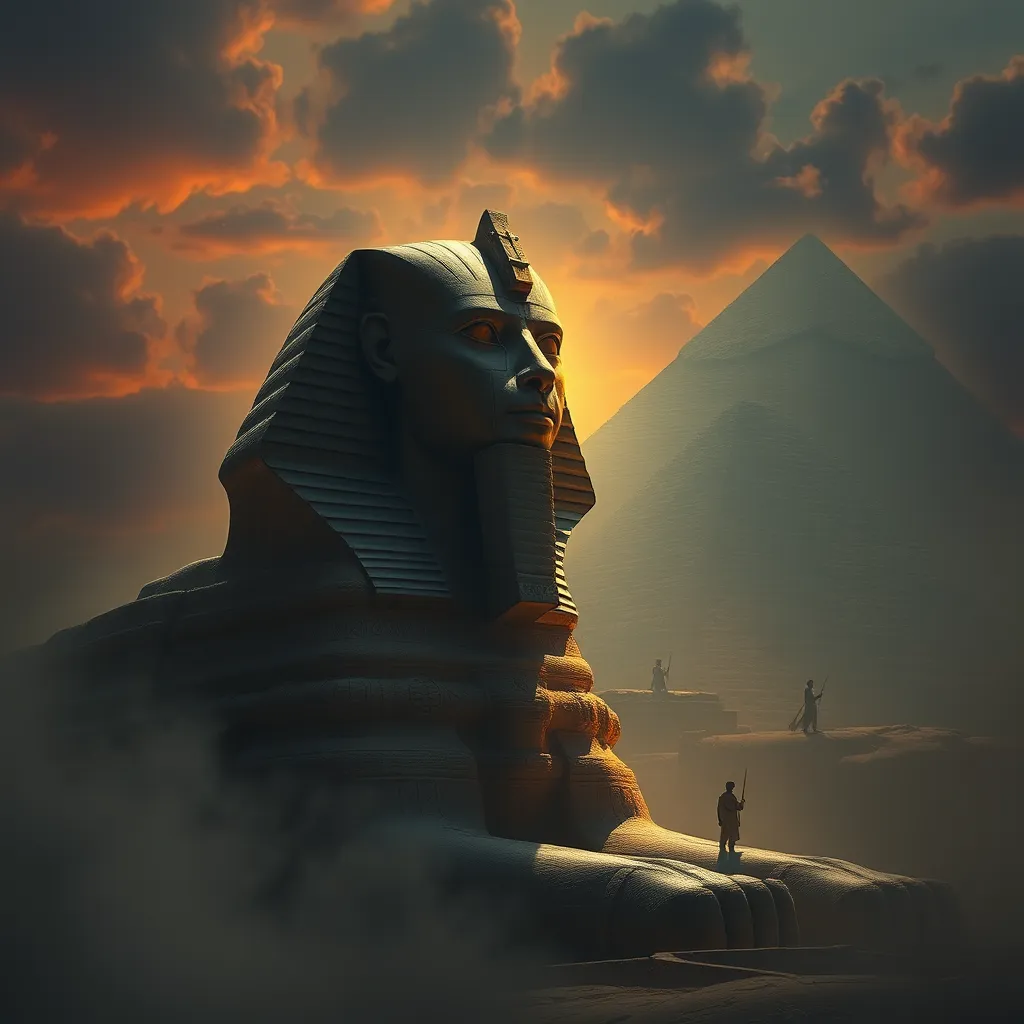The Dragon’s Future: Speculating on the Role of Dragons in Modern and Future Mythmaking
I. Introduction
Dragons have captivated the human imagination for centuries, serving as powerful symbols in various mythologies around the world. From the fire-breathing beasts of Western folklore to the wise, benevolent dragons of Eastern traditions, these mythical creatures embody a wide range of meanings and cultural significance. In this article, we will explore the evolving role of dragons in contemporary and future narratives, examining how these legendary beings continue to shape our understanding of the world and ourselves.
II. The Cultural Significance of Dragons in Mythology
Dragons hold a prominent place in the mythologies of many cultures, each offering unique interpretations and symbolisms. The juxtaposition of Eastern and Western dragons provides a fascinating lens through which to view their cultural significance.
A. Dragons across different cultures: East vs. West
- Eastern Dragons: In many Asian cultures, particularly in China, dragons are revered as symbols of power, strength, and good fortune. They are often associated with water and are seen as benevolent creatures that bring rain and prosperity.
- Western Dragons: Conversely, Western dragons are typically depicted as malevolent beings, hoarding treasures and terrorizing villages. They symbolize chaos and destruction, often embodying the fears of humanity.
B. Symbolism and meanings associated with dragons in traditional myths
Across various narratives, dragons symbolize:
- Power and authority
- Wisdom and knowledge
- Chaos and destruction
- Transformation and rebirth
This rich tapestry of symbolism provides fertile ground for modern storytelling, allowing dragons to serve multifaceted roles in contemporary narratives.
III. The Resurgence of Dragons in Popular Culture
In recent years, dragons have experienced a significant resurgence in popular culture, appearing in films, books, and video games that capture the imaginations of audiences worldwide.
A. Analysis of recent films, books, and games featuring dragons
Notable examples include:
- Game of Thrones: This series reinvigorated interest in dragons, presenting them as powerful, complex characters that play critical roles in the narrative.
- How to Train Your Dragon: This animated franchise highlights the bond between humans and dragons, showcasing themes of friendship and understanding.
- Video Games: Titles like “Elder Scrolls V: Skyrim” and “Dragon Age” feature dragons as central elements, allowing players to engage with dragon lore in interactive ways.
B. The impact of franchises like “Game of Thrones” and “How to Train Your Dragon”
These franchises have not only popularized dragons but have also reshaped their representations in modern narratives. They challenge traditional perceptions, presenting dragons as both foes and allies, thereby enriching the mythology surrounding these creatures.
IV. Dragons as Symbols of Change and Transformation
Dragons often symbolize change, transformation, and the journey of self-discovery. Their ability to fly and breathe fire makes them potent metaphors for the potential to overcome obstacles and embrace one’s true identity.
A. The role of dragons in representing personal and societal transformation
In many stories, dragons serve as catalysts for change, prompting characters to confront their fears and evolve. They symbolize the trials and tribulations that lead to personal growth.
B. Case studies of modern narratives that utilize dragon symbolism
- Eragon: The protagonist’s bond with a dragon represents his growth from a humble farm boy to a powerful hero.
- Dragonheart: This film explores the theme of sacrifice and redemption, with the dragon serving as a symbol of hope and change in a war-torn world.
V. The Future of Dragons in Mythmaking
As we look to the future, the role of dragons in storytelling is likely to evolve further, influenced by societal changes and advancements in technology.
A. Predictions for the role of dragons in future storytelling
Future narratives may explore:
- More diverse representations of dragons, reflecting global perspectives and cultural nuances.
- Dragons as symbols of environmental awareness and stewardship, representing the fragility of ecosystems.
- Complex characterizations that challenge traditional archetypes, allowing dragons to inhabit both heroic and villainous roles.
B. The influence of technology and digital media on dragon lore
The rise of digital media, including virtual reality and interactive storytelling, will likely enable audiences to engage with dragon narratives in immersive ways, deepening their connection to these mythical beings.
VI. Environmental and Ethical Considerations
In an era of environmental crises, dragons can serve as powerful metaphors for the challenges we face, highlighting the need for conservation and ethical stewardship of the planet.
A. Dragons as metaphors for environmental issues and climate change
Dragons can symbolize the destructive forces of nature, representing the consequences of humanity’s neglect and the urgent need to address climate change.
B. The ethical implications of dragon representations in modern narratives
Modern depictions of dragons prompt us to consider:
- The ethics of power and responsibility.
- The impact of human actions on the environment and other species.
- How narratives can inspire change and foster empathy towards nature.
VII. The Globalization of Dragon Legends
The process of globalization has led to the blending of dragon myths from various cultures, creating new narratives that resonate with diverse audiences.
A. How globalization is reshaping dragon myths and stories
As cultures intersect, traditional dragon myths are reinterpreted, leading to:
- Hybrid dragon narratives that combine elements from different cultural perspectives.
- A broader understanding of dragons’ roles in global mythology.
B. The blending of cultural narratives and the emergence of new dragon myths
This blending fosters innovation in storytelling, allowing for richer, more complex representations of dragons that reflect our interconnected world.
VIII. Conclusion
Dragons have long held a place in human mythology, and their evolving roles in contemporary narratives reflect our changing values and beliefs. As we continue to explore the significance of dragons in modern and future mythmaking, it becomes evident that these mythical creatures will remain an enduring part of our collective imagination. Their versatility as symbols of power, transformation, and environmental awareness ensures that dragons will continue to captivate and inspire future generations.



